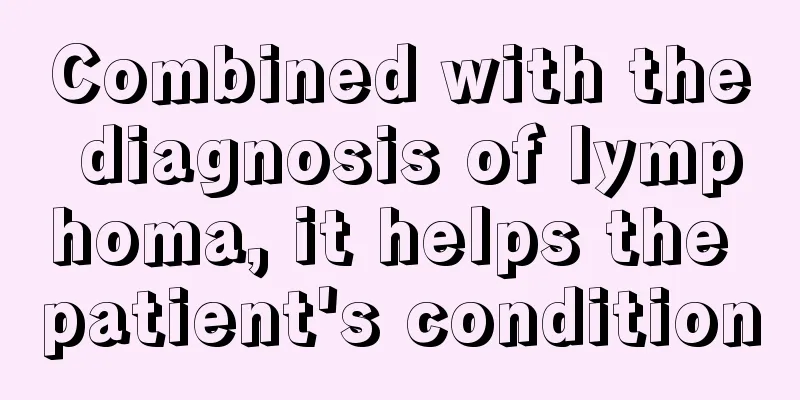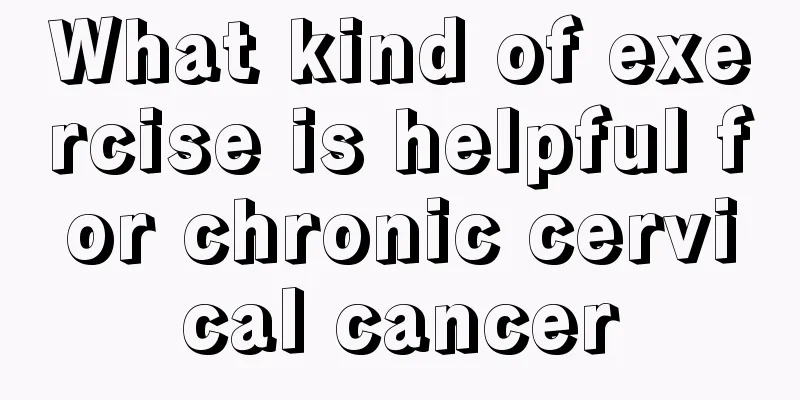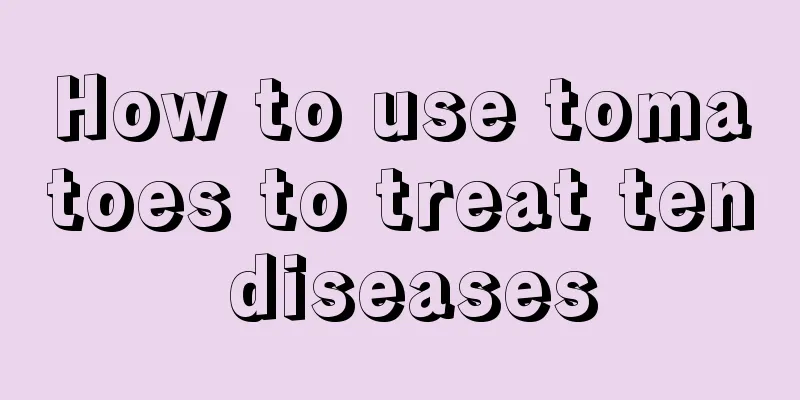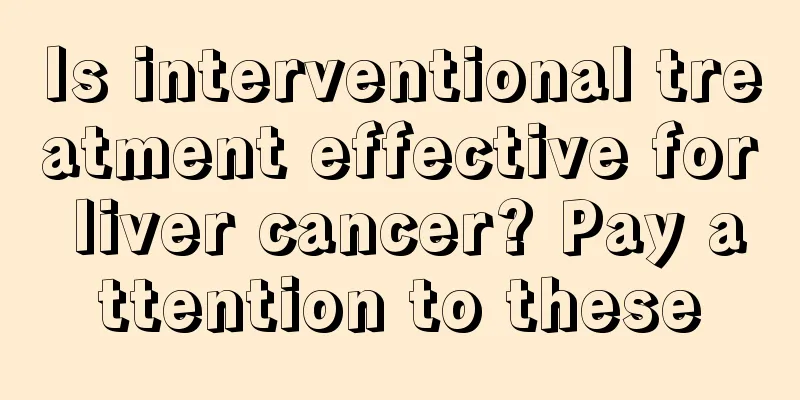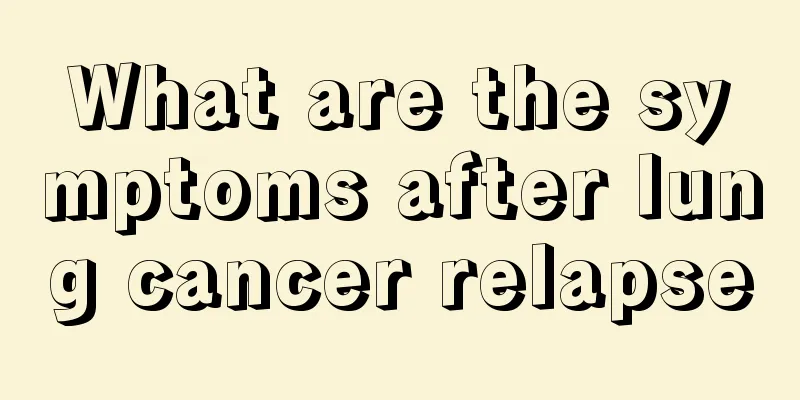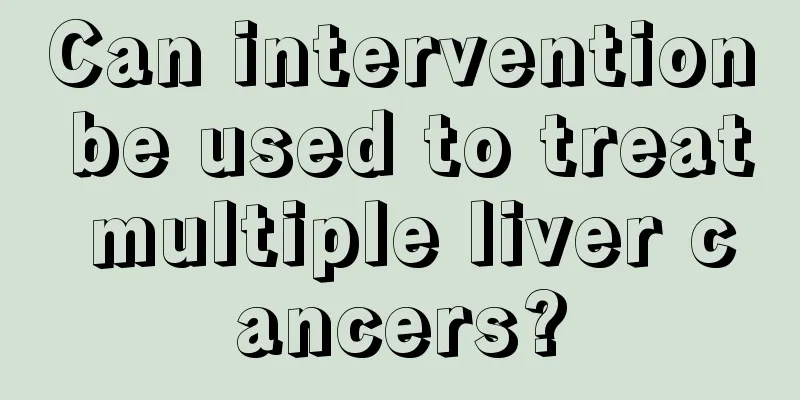What are the symptoms of the difference between sinus cysts and nasopharyngeal cancer
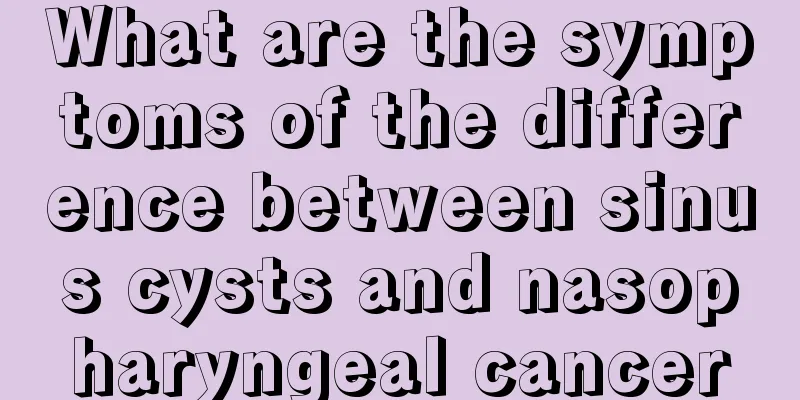
|
The symptoms of sinus cysts and nasopharyngeal cancer are significantly different. Sinus cysts usually present with nasal congestion, headaches, and facial pressure, while nasopharyngeal cancer may present with nose bleeding, tinnitus, and swollen lymph nodes in the neck. The causes, symptoms, and treatments of the two are different, and professional examinations are required to confirm the diagnosis. 1. Causes and symptoms of sinus cysts Sinus cysts are mostly caused by inflammation or infection of the sinus mucosa and are common in patients with chronic sinusitis. After the cyst forms, the pressure in the sinuses increases, causing nasal congestion, headaches, and facial pressure. Some patients may experience decreased sense of smell or purulent nasal discharge. Sinus cysts are mostly benign and the symptoms are relatively mild, but long-term untreated complications may occur. 2. Causes and symptoms of nasopharyngeal carcinoma The etiology of nasopharyngeal carcinoma is complex and may be related to Epstein-Barr virus infection, genetic factors and environmental factors such as smoking and pickled foods. The early symptoms are not obvious, but as the disease progresses, nose bleeding, tinnitus, hearing loss and cervical lymphadenopathy may occur. Late-stage patients may have headaches, blurred vision and facial numbness. Nasopharyngeal carcinoma is a malignant tumor and needs to be diagnosed and treated as soon as possible. 3. Treatment of sinus cysts Treatment of sinus cysts is mainly aimed at relieving symptoms and eliminating cysts. Drug treatment includes the use of nasal steroid sprays such as budesonide, antibiotics such as amoxicillin, and antihistamines such as loratadine. For patients with larger cysts or those who do not respond to drug treatment, surgical treatment such as endoscopic sinus surgery or open sinus surgery may be considered. Regular follow-up examinations are required after surgery to prevent recurrence. 4. Treatment of nasopharyngeal carcinoma The treatment of NPC is mainly radiotherapy, combined with chemotherapy and targeted therapy. Radiotherapy is the first choice and can effectively control tumor growth. Chemotherapy drugs such as cisplatin and fluorouracil are often used in combination with radiotherapy to improve the efficacy. Targeted drugs such as cetuximab can be used for patients with advanced disease. For patients with local recurrence, surgical treatment such as nasopharyngectomy can be considered. Long-term follow-up is required after treatment to monitor changes in the condition. Although both sinus cysts and nasopharyngeal cancer involve the nose, their causes, symptoms, and treatments are completely different. Sinus cysts are mostly benign, with mild symptoms, and are mainly treated with medication and surgery; nasopharyngeal cancer is a malignant tumor with complex symptoms, requiring a combination of radiotherapy, chemotherapy, and targeted therapy. In either case, you should seek medical attention promptly when you experience relevant symptoms, have a clear diagnosis through professional examinations, and develop an appropriate treatment plan. Regular physical examinations and a healthy lifestyle can help prevent the occurrence of the disease. |
<<: Can patients with nasopharyngeal cancer live a normal lifespan?
>>: How to treat early stage lung cancer in a 75-year-old
Recommend
What should I do if I have a fever but don't sweat?
If you always have a fever but don't sweat, i...
How to prevent colon cancer
In recent years, tumor diseases, led by colorecta...
What are thyroid nodules and what are the symptoms
Many people may not know much about thyroid nodul...
What to do with the sequelae of metatarsal fracture
In life, we often suffer fractures due to some ac...
Can black tattoos be washed off?
With the development of society, many problems ca...
6 risk factors for bladder cancer
Bladder cancer is the most common malignant tumor...
What are the early signs of cervical cancer? Is regular screening effective in preventing cervical precancerous lesions?
In daily life, cervical cancer is a common gyneco...
What are the possible symptoms of bladder cancer
Oncologists say that in real life, when many blad...
How to use tuberculosis disinfectant
Tuberculosis is a relatively serious disease and ...
How to avoid water getting into ears when swimming
People's living standards are getting higher ...
What are the early symptoms and characteristics of prostate cancer
Prostate cancer is a very common malignant tumor ...
How to prevent lung cancer? To prevent lung cancer, you need to pay attention to these
Under the influence of lung cancer, a disease wit...
Steps to make mole with vinegar and pastry
Many people in our daily lives have moles on thei...
The difference between lymphoma and skin cancer
In our lives, there are many diseases around us. ...
What disease is there with white spots on lung ct?
CT is a very common examination. Usually, CT can ...

